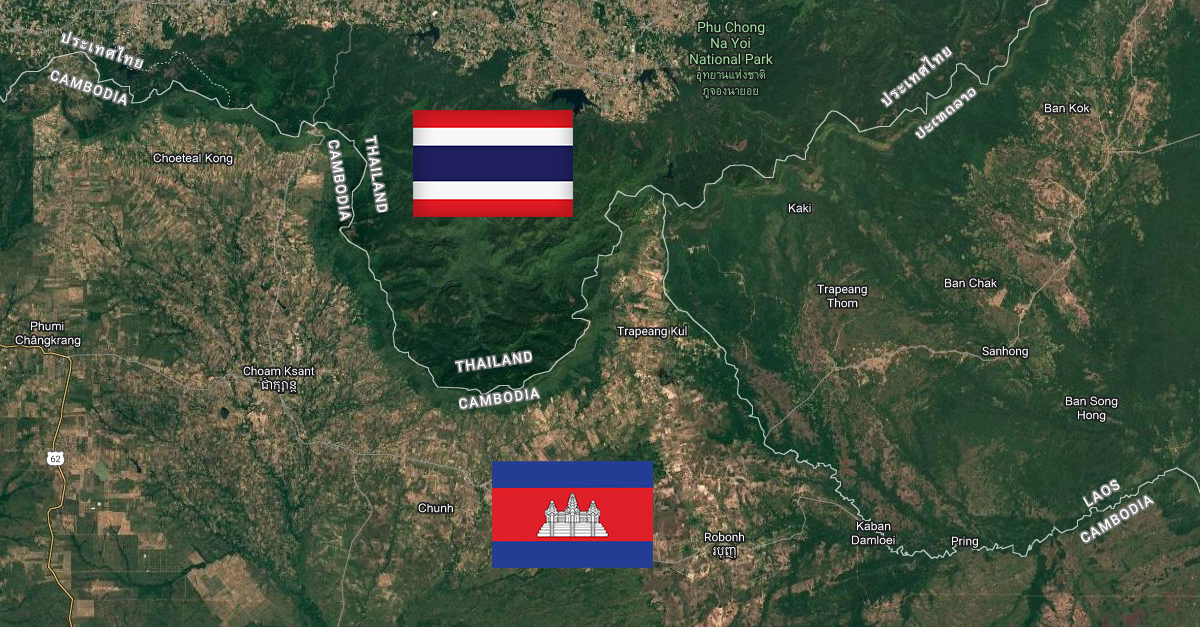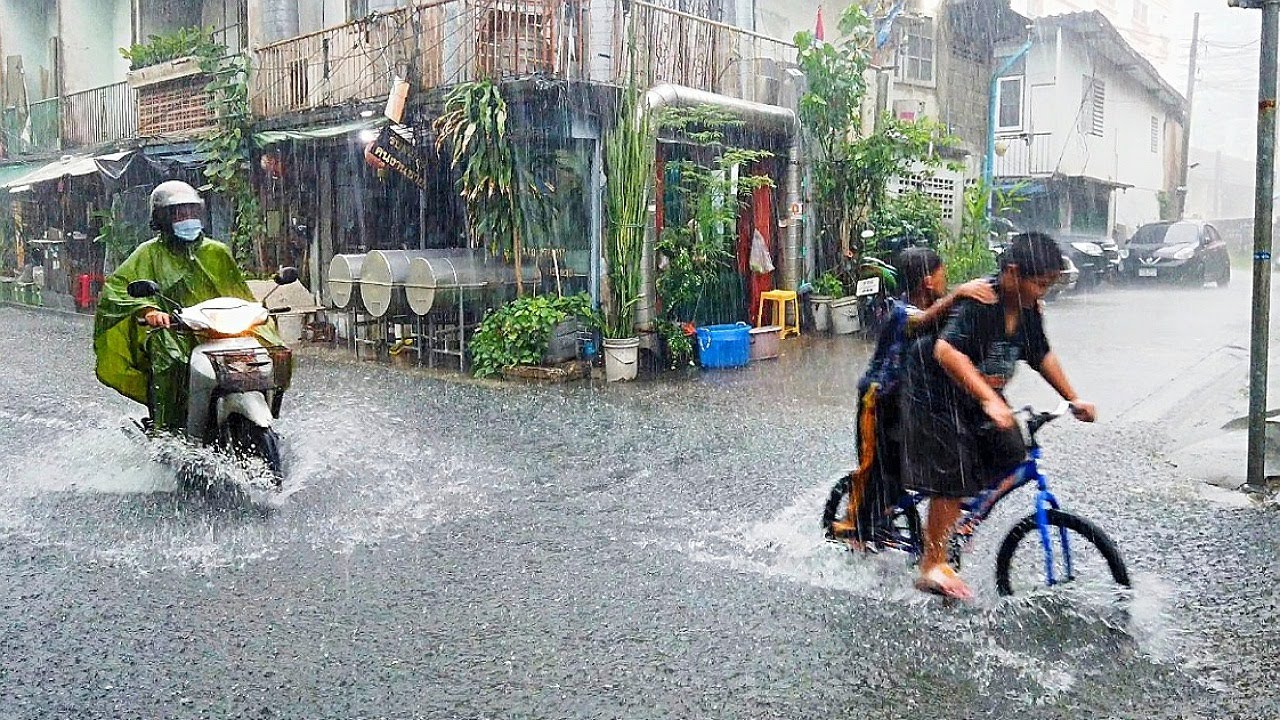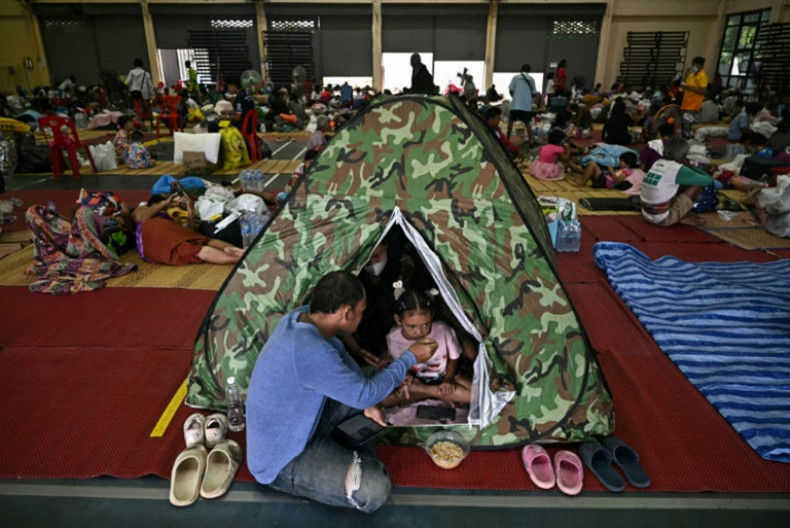Military Clash Sparks Border Crisis
A military skirmish near Nam Yuen, Ubon Ratchathani, on May 28, 2025, has intensified Thai-Cambodian border tensions, threatening cross-border trade valued at 175.53 billion baht in 2024. With no resolution in sight, Thailand’s temporary checkpoint closures are already impacting this critical economic lifeline.
Trade Figures Highlight Stakes
Thailand’s 109.16 Billion Baht Surplus
In 2024, Thai-Cambodian border trade comprised 141.85 billion baht in exports, including beverages and auto parts, and 32.68 billion baht in imports like cassava and scrap metals. Thailand’s trade surplus of 109.16 billion baht underscores the economic importance of maintaining open borders.
Key Checkpoints Under Pressure
Top Three Handle 95.5% of Trade
The Aranyaprathet (110.72 billion baht), Khlong Yai (29.29 billion baht), and Chanthaburi (26.62 billion baht) checkpoints account for 95.5% of trade. While only two of 18 checkpoints are currently closed, broader closures could halt nearly all trade, devastating local economies.
Potential Economic Fallout
Small Businesses at Risk
A three-month closure could cripple small-scale trade markets, while a 3-12 month shutdown might erode investor confidence. Beyond trade, disruptions could affect Cambodian workers in Thailand’s agriculture and healthcare sectors, amplifying the regional economic impact.
Local Leaders Sound Alarm
Chanthaburi Faces Heavy Losses
Ukrit Wongthongsalee, Chanthaburi Chamber of Commerce chairman, warned that prolonged closures of Ban Laem and Ban Phakkad checkpoints could cost over 1 billion baht weekly. Cambodian workers, vital to Chanthaburi’s fruit industry, face uncertainty, compounding local economic concerns.
Limited National Impact So Far
10 Billion Baht Monthly Loss Possible
Thanavath Phonvichai, University of the Thai Chamber of Commerce president, noted that current closures affect only 5-10% of exports. However, a full border shutdown could lead to 10 billion baht monthly losses, with border communities bearing the heaviest burden.
Diplomatic Efforts Underway
JBC Talks Preferred Over ICJ
Thailand favors resolving the dispute through the Joint Boundary Commission, while Cambodia pushes for International Court of Justice arbitration. As tensions persist, both nations face growing pressure to de-escalate and restore stability to safeguard their interconnected border economies.








